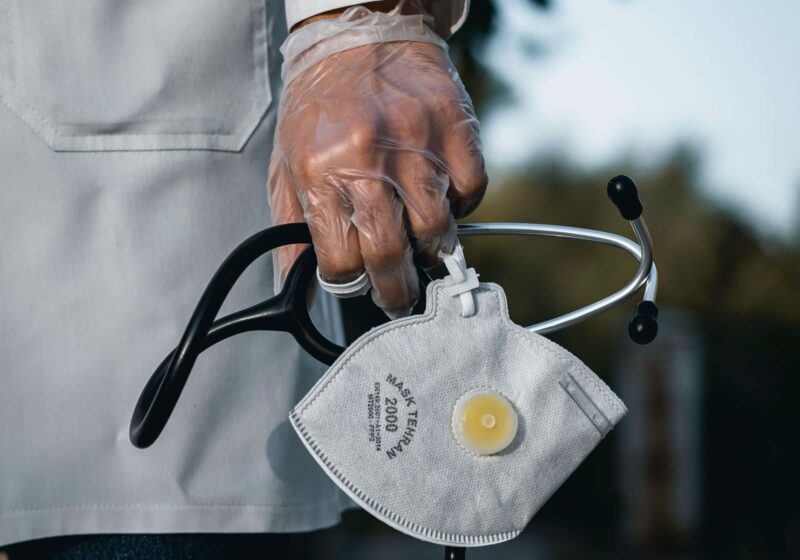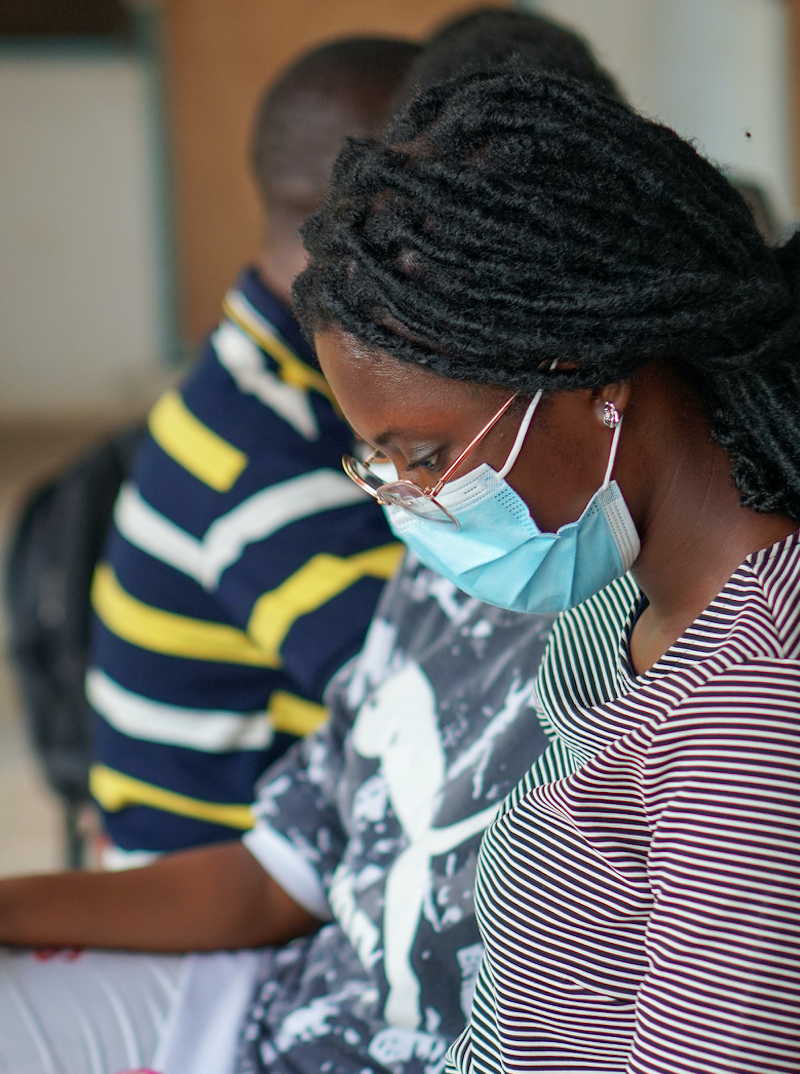We’ve discussed the healthcare system in Ghana very briefly in our previous article about the Cost of Living in Accra, the country’s administrative capital.
There is a lot more to dig into when it comes to the impact its structures and policies have on the lives and health of the people of the country.
We are here to exploring these on Afroyage today.
The Healthcare System in Ghana

Back in 1874, the British Colonial Administration established Medical Departments that catered to the needs of European Colonialists with Research Labs, Medical Branches, Sanitation Branches and clinic outposts.
To help improve Ghana’s health standards and industry, the World Health Organization and United Nations Children’s Fund also played a part in providing money, technical help and Western medicine.
However, urban areas were neglected by Christian missionaries who offered first aid and basic medical treatment while traditional priests and herbalists remained important fixtures in areas where healthcare professionals and centers were nonexistent.
Healthcare Reforms in 1957
With Kwame Nkrumah’s healthcare policies taking force after Ghana’s independence, health services became more available to the general public.
Unfortunately, the policies were still yet to expand beyond mostly urban populations with 76% of working doctors serving the urbanized 23% of Ghana’s population.
At the time, Ghana’s healthcare system was financed through general taxes – making medical care available through government hospitals at no cost to patients.
Cash & Carry
After Nkrumah’s departure from Office in 1966, the governments in a succession of him, cut back on government spending to compensate for the struggling cash crop dependent economy through the 1969 Hospital Fees Decree and 1970 Hospitals Fee Act.
By 1981, health services in Ghana were riding on lost glory. Healthcare workers began leaving the sector in droves.
The system had become almost parasitic, requiring patients to pay their hospital bills upfront or risk having their feeding, medicine, and bedding detained. Self-medication was on the rise as well, given the exorbitant pricing of services and prescriptions at the time.
Jerry John Rawlings’ regime overthrew the Limann administration in December 1981 and passed the Hospital Fees Regulation Act 4 years down the line, in tandem with World Bank and IMF loan requirements, to finance the drugs and resources the healthcare system needed.
It resulted in requiring Ghanaians to pay fees out of pocket at each point of service in order for the government to recuperate 15% of healthcare costs it had spent in previous years.
In spite of the decrease in Ghana’s expenses from 10% to 1.3% between 1983 and 1997, this readjustment did not make provisions for lower and middle-class citizens. The high cost of healthcare continued to be a barrier for them in the years to come.
The NHIS in Ghana
With the success of NPP in the 2000 election, John Agyekum Kufuor launched the NHIS under the National Health Insurance Act with the aim of providing universal healthcare to all Ghanaians.
Due to the financial barrier posed by the Cash and Carry system of payment, low and middle class Ghanaians were places at a disadvantage in terms of healthcare accessibility and treatments. As such, private health insurance came to prominence and contributed to the ongoing structural issues impacting Ghana’s national health system.
Private Health Insurance in Ghana
Given the limitations of Ghana’s national healthcare system, it is advisable for foreigners on assignment or leisure travel to prepare their travel health insurance packages before visiting the country.
It would also be in their best interest to bring along medication for chronic ailments that are legally allowed in Ghana.





Leave a Reply
You must be logged in to post a comment.